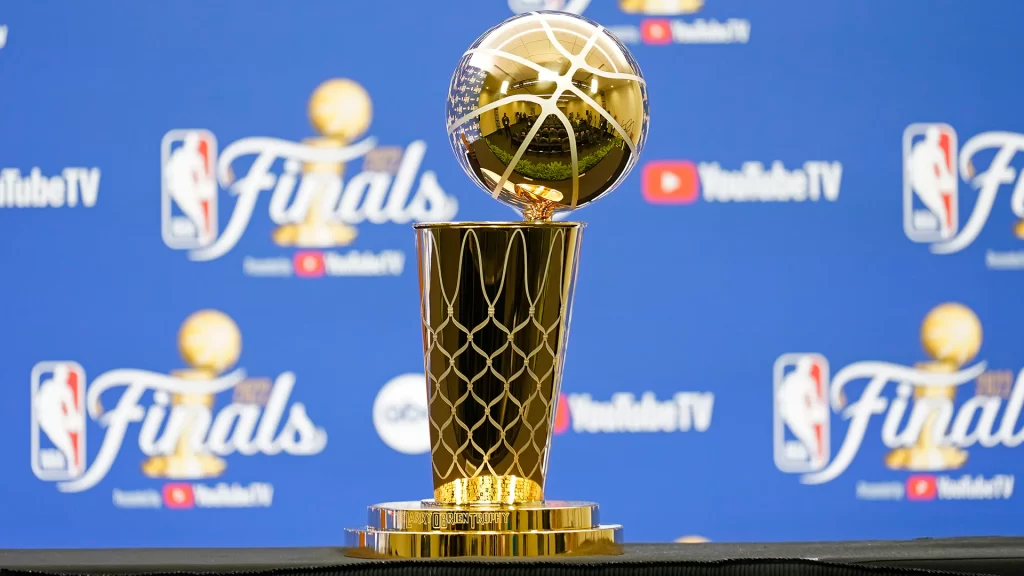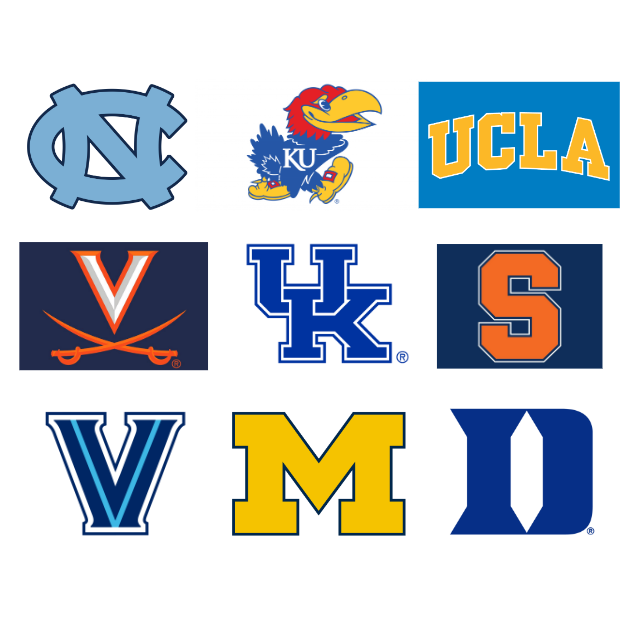NCAA Tournament Brackets - Tips, Tricks & Data
College basketball’s March Madness basketball tournament is right around the corner. Before you fill out your bracket, make sure you know the ins and outs of how different brackets work and the strategies that can give you the best chance to win your contest.
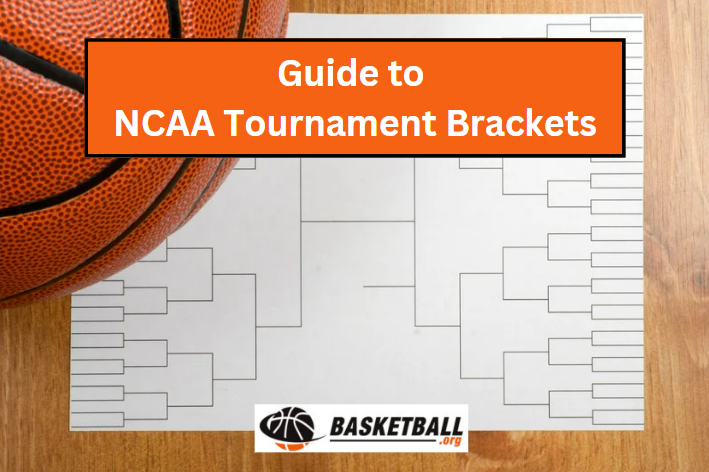
NCAA Tournament Basics
The NCAA basketball tournament consists of 68 teams. The squads square off in a “one-and-done” elimination tournament, meaning a single loss and a team is out of the tournament. With this format, the field of teams is cut in half each round until after 67 games there is a single national champion.
The relatively new twist to the tournament is the four “play-in games” that occur before the formal tournament begins. Though the victors of the play-in games rarely advance beyond the first round, they have a chance to take home the title.
The winners of the play-in games are then pitted against the top seeds in the four regions that comprise the bracket quadrants. The high seeds play the low seeds, halving the field with each round of play until two teams remain in the championship game.
How a Traditional Bracket Pool Works
In traditional March Madness NCAA bracket pools, entrants start with a bracket showing all the teams and the first round of games in the tournament. They then attempt to pick the winner of each game, and the winner of each of the following rounds of games. Each correct pick is rewarded with points (typically more points as the rounds go on) – and the person with the most points at the end wins the contest. And while the first round is **relatively** simple because you are sure of the teams involved, following rounds become more and more difficult to get right – because if a team you picked to win 4 games gets knocked out in round 1 – you will lose out on a lot of points.
In the “old days” most pools were among friends and office workers and had an entry fee that provided an opportunity to win big. These are still popular, but now there are also free online bracket contests that let people compete against the entire country with a chance to win huge prizes.
Peruse the web in the weeks leading up to March Madness and you’ll find some free contests. Your office might also have a college basketball pool. For the most part, the average office pool entry fee is around $20. So if your pool is “winner take all” and you have 30 entries – there is $600 on the line.
Understanding Bracket Scoring
Let’s shift our attention to the small print of the March Madness brackets. In particular, scoring matters most. The unique scoring format of your NCAA basketball pool might be slightly or significantly different from that of other pools. However, most pools award more points for correctly predicting the winners of the later rounds as those games are more important than the initial contests.
Join enough NCAA basketball pools, you’ll find some weigh each round the same. Some bracket scoring systems even award more points to risk-takers who accurately predict tournament upsets.
Some of the common bracket scoring formats include:
| Points Double Every Round | Increasing Points | |
| Round 1 | 1 point | 2 point |
| Round 2 | 2 points | 3 points |
| Round 3 | 4 points | 4 points |
| Round 4 | 8 points | 6 points |
| Round 5 | 16 points | 10 points |
| Round 6 | 32 points | 18 points |
Step 1: Do Your Research
Spend a couple minutes brainstorming clever bracket names, and get down to business selecting the winners and start planning your tournament watch party. Your tournament watching experience will be all the more enjoyable if your final four selections hang around until at least the Sweet 16 or Elite 8.
The college basketball bracket tournament has six rounds after the initial play-in games. In total, 67 games are played throughout the tournament. Though the odds of selecting the winners of all 63 games are astronomically low, accurately predicting the final four squads is within the realm of possibility.
Though predicting the winners of the play-in games that pit those on the bubble of tournament worthiness is challenging, whittling down the field to the top teams doesn’t require an in-depth knowledge of college basketball. Search the web for the topic and you’ll find many people with zero sports knowledge have won their office pools.
When in doubt, take the “chalk”, meaning the favorites, with a few upsets sprinkled in throughout the early rounds and you’ll have a blast watching the tournament.
Making Your Picks
Picking winners is what the tournament is all about. Recognize that the enjoyment of the tournament contest is one-half pick-making and one-half watching the action and the event will be that much more likely to live up to your expectations. However, a bracket that busts in the first round or two will inevitably leave you unfulfilled – it’s not nearly as fun when none of your teams are still playing.
Most brackets have a final four consisting of #1, #2 and #3 seeds simply because those teams are the best in the tournament (view Final Four historical data here). If you aren’t sure about a matchup, resort to the rankings. Delve beyond the top 25 rankings, expanding your analysis to the RPI rating, short for rating percentage index, and you’ll better understand team merit based on wins and losses in the context of opponent strength.
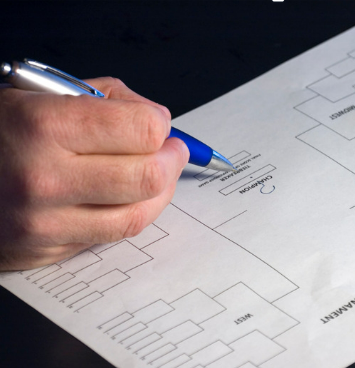
We would be remiss not to mention the fact that some bracket winners emerge as the victor by randomly selecting teams, giving preference to those with the coolest mascot or even the most visually striking uniform color combinations. The best strategy lies somewhere in the middle – if you only pick favorites you are likely to lose simply because significant upsets occur every single year. The moral of the story is that it is often in your interest to take some chances – but not too many chances.
What are Your Chances?
Most people are shocked to learn the chances of filling out a perfect bracket are 1 in 9,223,372,036,854,775,808 when picking at random. Those who resist the temptation to randomize their bracket, choosing to apply basketball logic have a 1 in 120.2 billion chance of winning their pool with 100% of the picks correct.
The NCAA has verified that no one has ever completed a perfect bracket. The longest streak of correct picks is 49, a record set in 2019. The previous record for correct picks was 39, set two years prior.
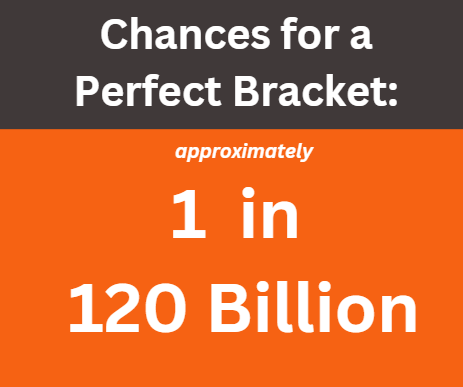
Watch, Follow & (probably) Have Your Heart Broken Once or Twice
Now that you’ve filled out one or several brackets, it’s time to kick back, turn on the TV and take in all the action while enjoying some hot eats and cool treats.
A word to the wise: watching the teams you picked give their all on the hardwood is thrilling – yet your bracket is almost certain to get busted. Even if you don’t get all or most of your pool picks right across the first round, you can still emerge as the winner of at least one of your college basketball pools. The person who wins most bracket pools is someone who correctly selected the winner – so put your most time into that decision.
Lean toward the favorites when filling out your picks, sprinkle in a couple upsets and your bracket will be that much more likely to remain competitive deep into the tournament.

